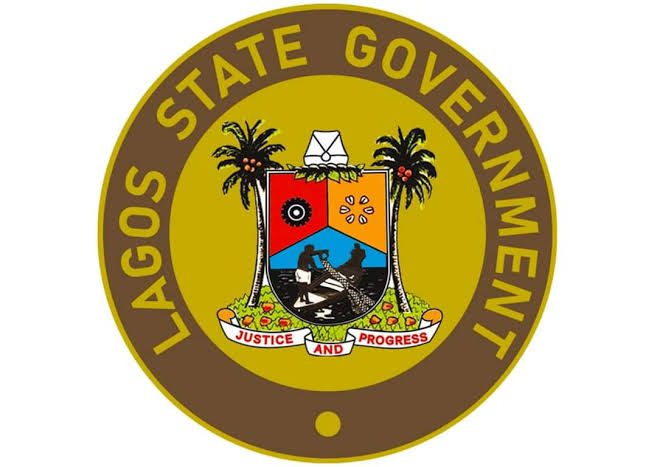
Waste management, disposal culture must change to achieve sustainable environment — LASG
The Lagos State Government has called on residents to adopt a more responsible approach to waste disposal, emphasising the collective responsibility of achieving a sustainable environment.
Speaking during a television interview and an X Space live session addressing claims of a foul-smelling city, the Commissioner for the Environment and Water Resources, Mr Tokunbo Wahab, reaffirmed that proper waste disposal is a deliberate practice that must be upheld by all.
Wahab noted that major metropolitan areas worldwide, including New York, Beijing, and London, have specific locations where unpleasant odours are noticeable. He explained that Lagos is no exception, but such occurrences are primarily limited to landfill sites at Olusosun in Ojota and Solous III in Igando.
Lagos produces an estimated 13,000 to 14,000 tonnes of waste daily, and Wahab outlined the innovative strategies being implemented to reduce the volume reaching landfill sites.
“Our initiatives include converting between 4,000 to 5,000 tonnes of waste daily into valuable resources—2,500 tonnes are transformed into energy, 4,000 to 5,000 tonnes are repurposed as fuel for LAMATA buses, while LAFARGE utilises a significant portion of combustible waste to generate power for their factory. The long-term goal is to reduce landfill waste to fewer than 1,000 tonnes daily,” he explained.
The Commissioner also revealed ongoing plans to phase out the dumpsites at Olusosun and Solous III, stressing that segregating waste at the point of generation will significantly cut down on the amount reaching landfill sites.
For nearly two decades, the state has involved private sector participation in waste collection, with the Lagos Waste Management Authority (LAWMA) serving as the regulatory body. However, Wahab acknowledged challenges, particularly instances where homeowners attempt to bypass the system by engaging in illegal waste disposal.
“If PSP operators are inefficient in your area, please report to LAWMA. They have over 200 trucks available to provide interim waste collection services while the designated PSP operator is being assessed,” he stated.
The state is ramping up awareness campaigns to educate residents and market leaders while also enforcing environmental laws where necessary. Wahab warned that offenders would face arrest and prosecution in accordance with the state’s regulations.
“Recently, I personally led awareness campaigns in Idumota, Oyingbo, and Oke-Arin markets to educate traders on the need for responsible waste disposal. They must keep their wares within designated spaces and avoid blocking drainage channels,” he said.
He highlighted the government’s strengthened collaboration with local authorities to ensure cleanliness in markets and the maintenance of tertiary drainage channels, while the state remains responsible for primary and secondary drainage systems to prevent flooding.
Addressing concerns over public hygiene, Wahab noted that the government had intervened at locations such as Berger and Oshodi, where individuals were found defecating openly, creating a persistent stench. He assured that these areas were cleaned, and enforcement officers were deployed to apprehend repeat offenders.
To tackle open defecation, the Ministry is working closely with the National Union of Road Transport Workers (NURTW) to ensure that every motor park is equipped with functioning public toilets, educating motorists on their proper use.
“There are currently 1,710 public toilets in Lagos, with 150 new ones under development. Additionally, all petrol stations and eateries are mandated to provide public access to their toilet facilities to curb open defecation,” Wahab disclosed.
The Commissioner also encouraged residents to report environmental violations but warned against using the whistle-blowing system to settle personal scores.
On water supply, Wahab reiterated the administration’s commitment to ensuring that potable water reaches all parts of Lagos. He pointed to the ongoing installation of water pipelines from Ogun River to Adiyan II, which is expected to deliver 70 million gallons of clean water daily, supplementing the existing 30 million gallons from the state’s waterworks.
In conclusion, Wahab appealed for public cooperation in maintaining a healthy environment.
“I urge all residents to be mindful of their surroundings and trust that the government will continue to prioritise environmental sustainability. We are committed to being responsive and responsible, and our doors remain open to assist whenever needed,” he assured.




